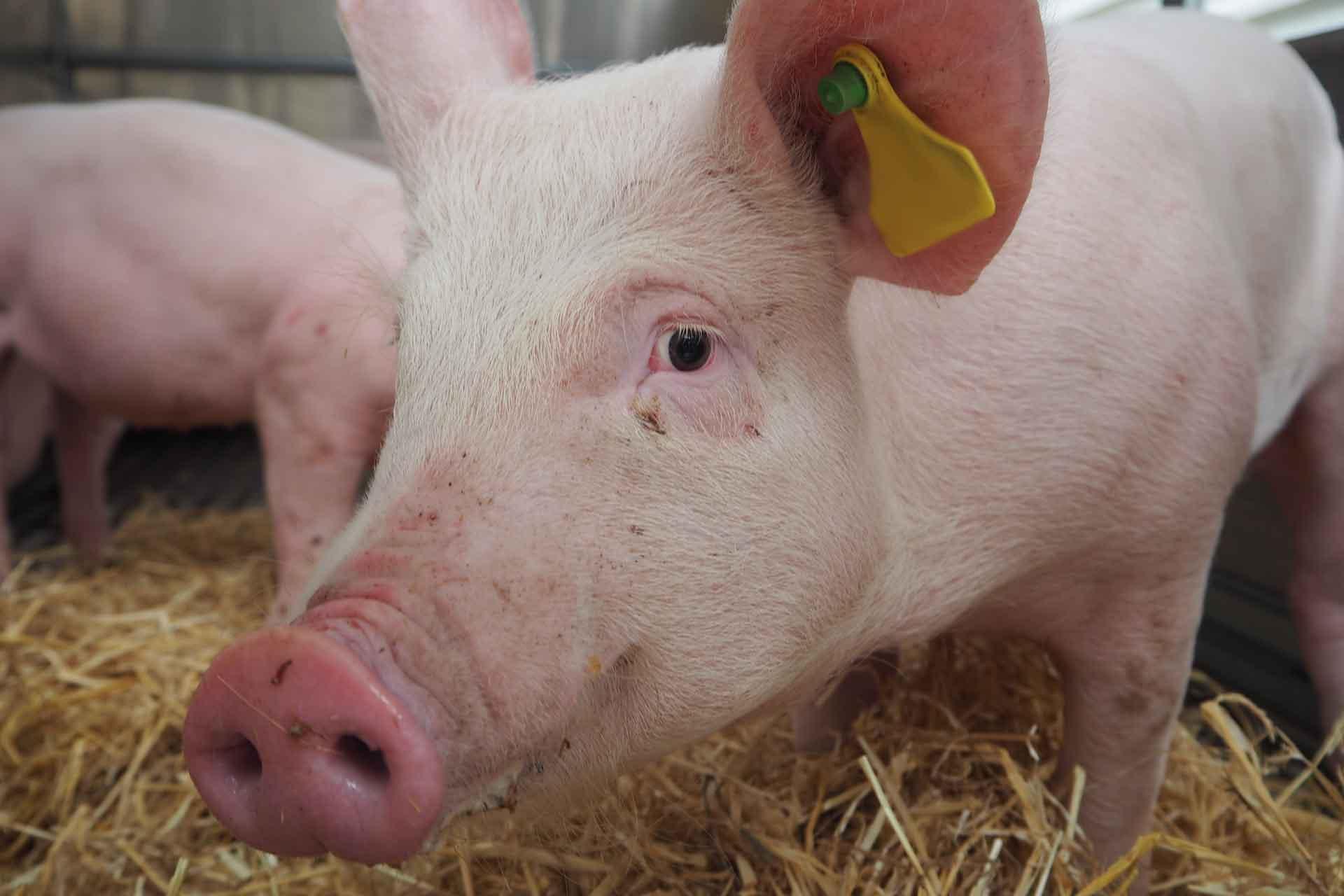Veronica Martini, first year PhD student in the Mucosal Immunology group at Pirbright, has received the In Vivo Skills Award from the Biotechnology and Biological Sciences Research Council (BBSRC). The £17,600 funding will provide Veronica with the opportunity to learn new skills that will be essential to progress swine influenza research.
“This award will allow me to develop skills in pig lung scintigraphy, a test that allows you to view the circulation of air and blood in the lungs by using radioisotopes. It is sort of like an x-ray for specific organs”, said Veronica. “We currently don’t know how much of our swine influenza aerosol vaccine is successfully reaching the lower parts of the pig lung, so it is hard to determine if the effectiveness of the vaccine is down to its components or how the vaccine is being distributed in the lung.”
Veronica’s research will help the group to see how two different particle size aerosols, generated by Aerogen’s nebulisers, move throughout the pig lung so they can determine which one may be better suited for use in immunisation against swine flu. Aerosol vaccine dispersal is currently tested in artificial lungs in the lab, so this will also help to establish whether these provide accurate simulations of how the aerosols distribute throughout pig lungs.
The BBSRC-funded Oxford Interdisciplinary Bioscience Doctoral Training Partnership (DTP) programme only offers up to three advanced In Vivo studentships per year, so obtaining the award is a great accomplishment. "This award is quite unique and opened to around 200 Oxford DTP students, so I am extremely pleased to be given this opportunity” added Veronica.
“Veronica drove this application on her own, which is a huge achievement for a first year PhD student”, said Dr Elma Tchilian, Head of the Mucosal Immunology group. “The time and dedication it takes to apply for grants whilst studying should not be underestimated, and it is testament to Veronica’s commitment to her research that she was successful in her application.”
